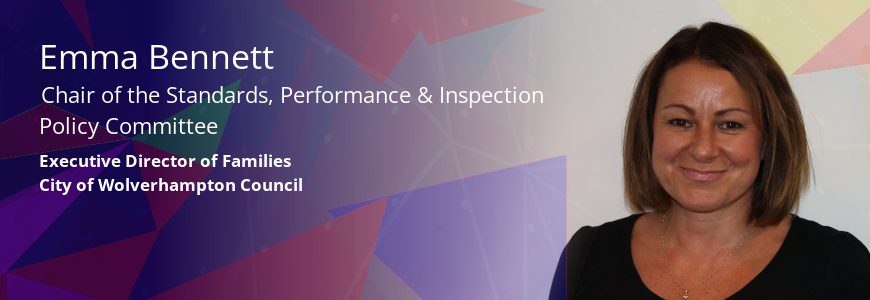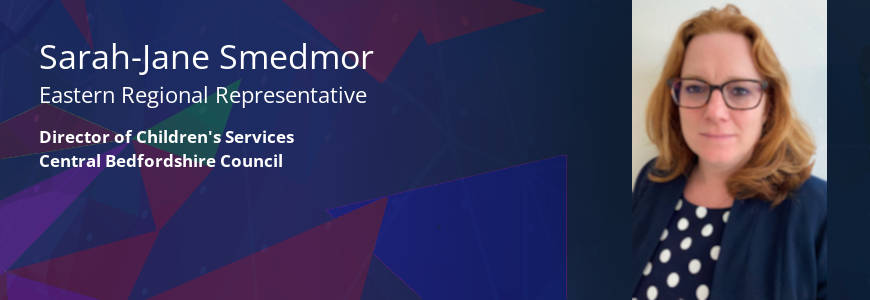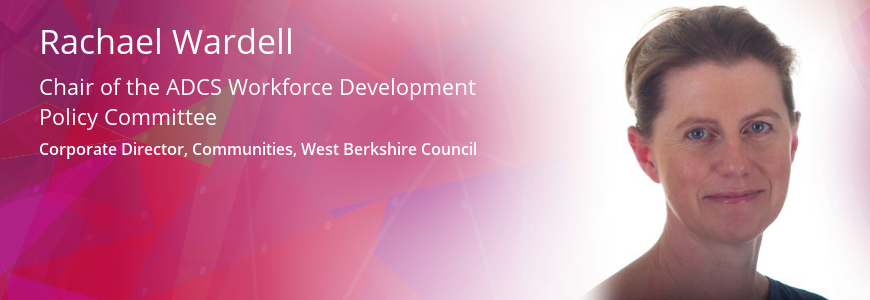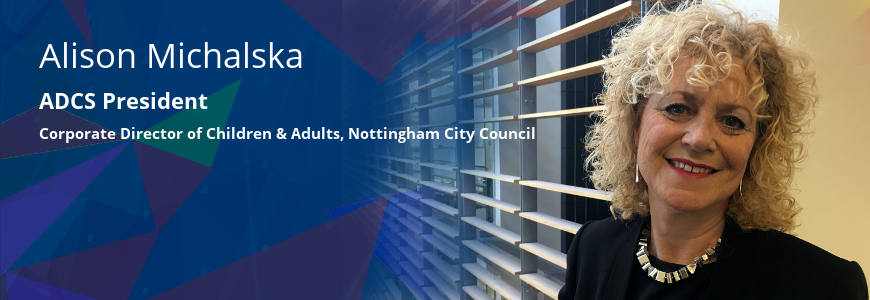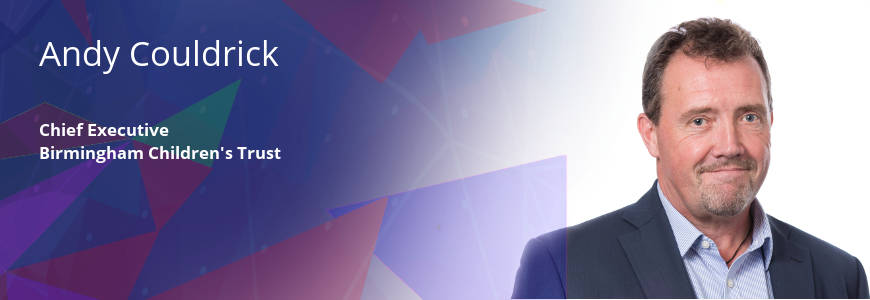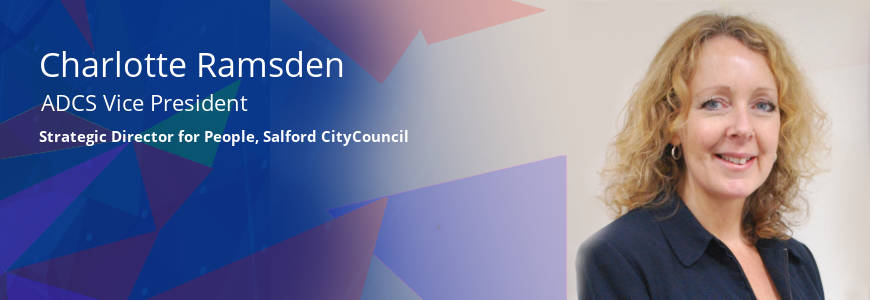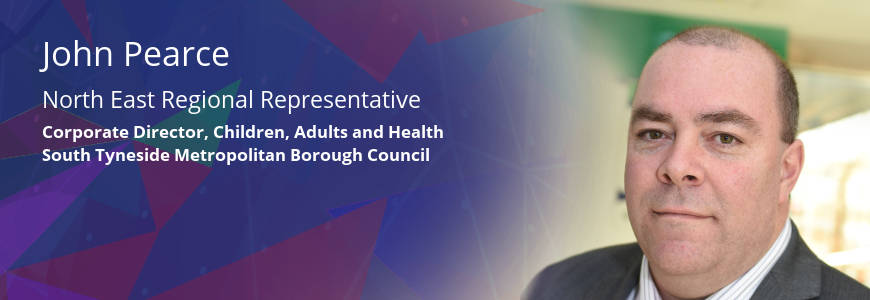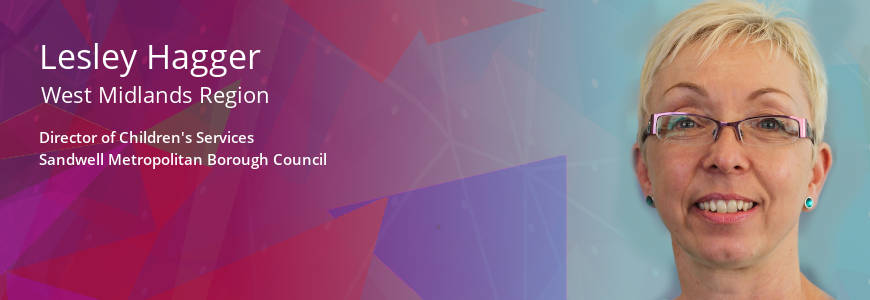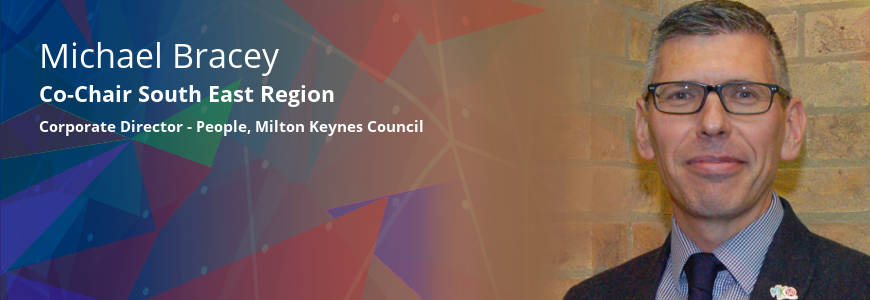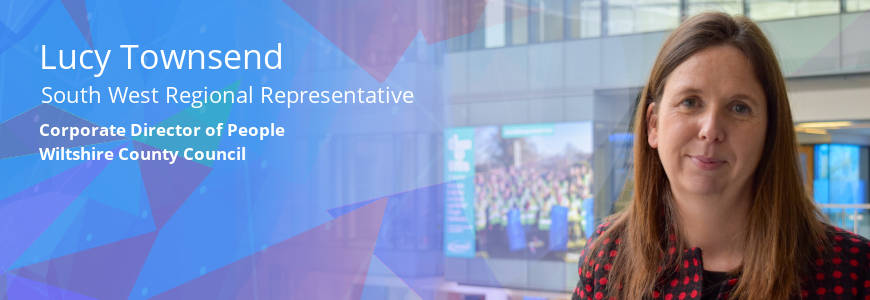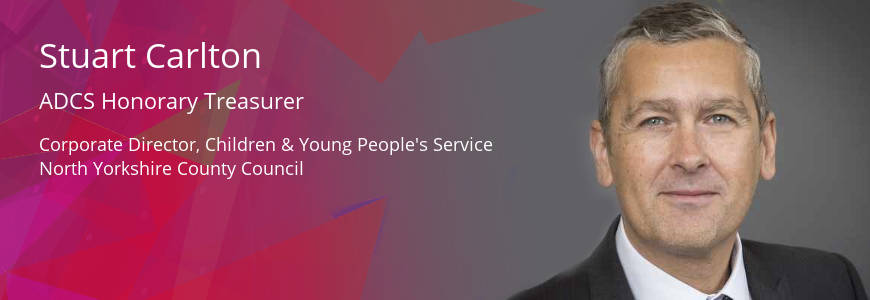The Future of Improving Children's Services

I’m ending the year by reflecting on the recent announcement by David Cameron about the future approach to improving children’s services in authorities who are really struggling.
There has been some debate as to whether there is anything really new in this announcement- and in many ways perhaps there isn’t. For some time there has been a more eclectic approach to securing improvement where this is needed: in some cases creating a fresh start by formation of a new or arm’s-length organisation; in other cases strengthening local arrangements with external direction from Commissioners; or bringing in expertise and new management capacity through partnerships with other local authorities.
These emerging partnership arrangements between authorities are also breaking new ground on collaboration and having a demonstrably positive impact.
I may be being naive and trusting, but by my reading of the substance of the announcement- it will enable different approaches to be taken in different circumstances, and will draw up on experience from all of these models to tailor what is needed in each individual circumstance. I recognise that this is a far cry from some of the headlines heralding wholesale outsourcing of children’s services to independent trusts which would operate, like academies, with accountability directly to Whitehall.
As an aside, I’m completely puzzled by the analogy with the academy system. Surely the basic premise of academy creation is the need to escape from so-called local authority control whereas drawing upon the capacity of the ‘best’ local authorities to help others is harnessing the experience and expertise of the local authority to help others. We must remember that it’s precisely because of strong political and professional leadership at local level that those authorities are as good as they are!
So the main thrust as I read it, is to make better use of capability within the children’s system and to bolster the capacity to be a self-improving system, which is where the analogy with the approach within schools does hold. Over the past several years’, authorities have worked much more closely together in collaborative arrangements within regions and this has contributed to better self-awareness about performance and the sharing of best practice. But if we are to make even better use of this expertise we will need to orchestrate this in a more systematic way.
There will always be cases where a fresh start is needed and a structural solution should be considered. But we know that structural change in itself is hugely expensive and time-consuming, and if not necessary as part of the solution, takes away capacity from improvement at the front line where it matters most. Structural change should be a small part of the solution to poor performance.
That is not to say that structural changes will not happen. Driven by austerity there is a growing recognition that collaboration for certain purposes is a more efficient and effective way forward.
When there is talk of forcing collaboration and new models it’s important to remember that where this makes sense local authorities will walk towards this and do not have to be pressured. Recent experience of the move to create greater collaborative arrangements for adoption agencies is a current example. By creating the opportunity for local authorities to develop their own proposals a whole range of creative proposals have been brought forward which will be locally owned and led and which could not have been designed from Whitehall.
So, whatever interpretation you put on the intentions which lie behind the proposals it’s vital that government works with the sector as a whole as well as local authorities to make bespoke arrangements which suit each individual circumstance. At the same time we will work to make the best of the expertise that we have and grow our capacity to improve and create a self-improving system. After all we are all seeking the same outcome, to achieve better outcomes for children and families at a local level.
In Yorkshire and Humberside our approach to collaborative improvement has been the premise that collectively we are only as good as our worst performing authority. This has driven us to find ways of using the best expertise across the region. As a sector we need to continue to own the responsibility to support improvement until every child can be assured of good quality help when they need it, wherever they live.
Related Blog Articles
As August and holiday season arrive (and allegedly some warmer weather), our...
In Inspection & Improvement
First a comment about blog changes … having blogged almost single-handedly...
In Inspection & Improvement
In the Eastern region we pride ourselves on a long and successful history of...
In Inspection & Improvement
I have blogged here before about how in West Berkshire we’re choosing to focus...
In General
I was in a fascinating conversation with a policy type this week, apparently we...
In General
Last week the Association held its annual conference in Manchester. This event...
In General
I want to start the first blog of 2018 by wishing you all a very Happy New Year....
In General
I write this on what is my third day outside of the local authority family for...
In General
In these emotional roller coaster times there is a lot to make sense of but it...
In General
As in all other regions the North East ADCS group has been investing...
In Inspection & Improvement
Crisis is an opportunity riding on a dangerous wind – Chinese Proverb The...
In General
The secret to a good peer review is a great team. In any review there’s...
In Inspection & Improvement
I am just back from a short camping trip in neighbouring Dorset, not quite the...
In General
To all those colleagues who have worked or are currently working in authorities...
In Inspection & Improvement
What’s the purpose of auditing casework? I have been pondering this for a...

